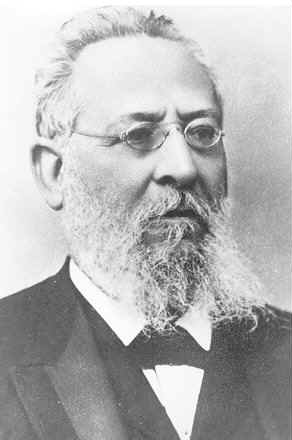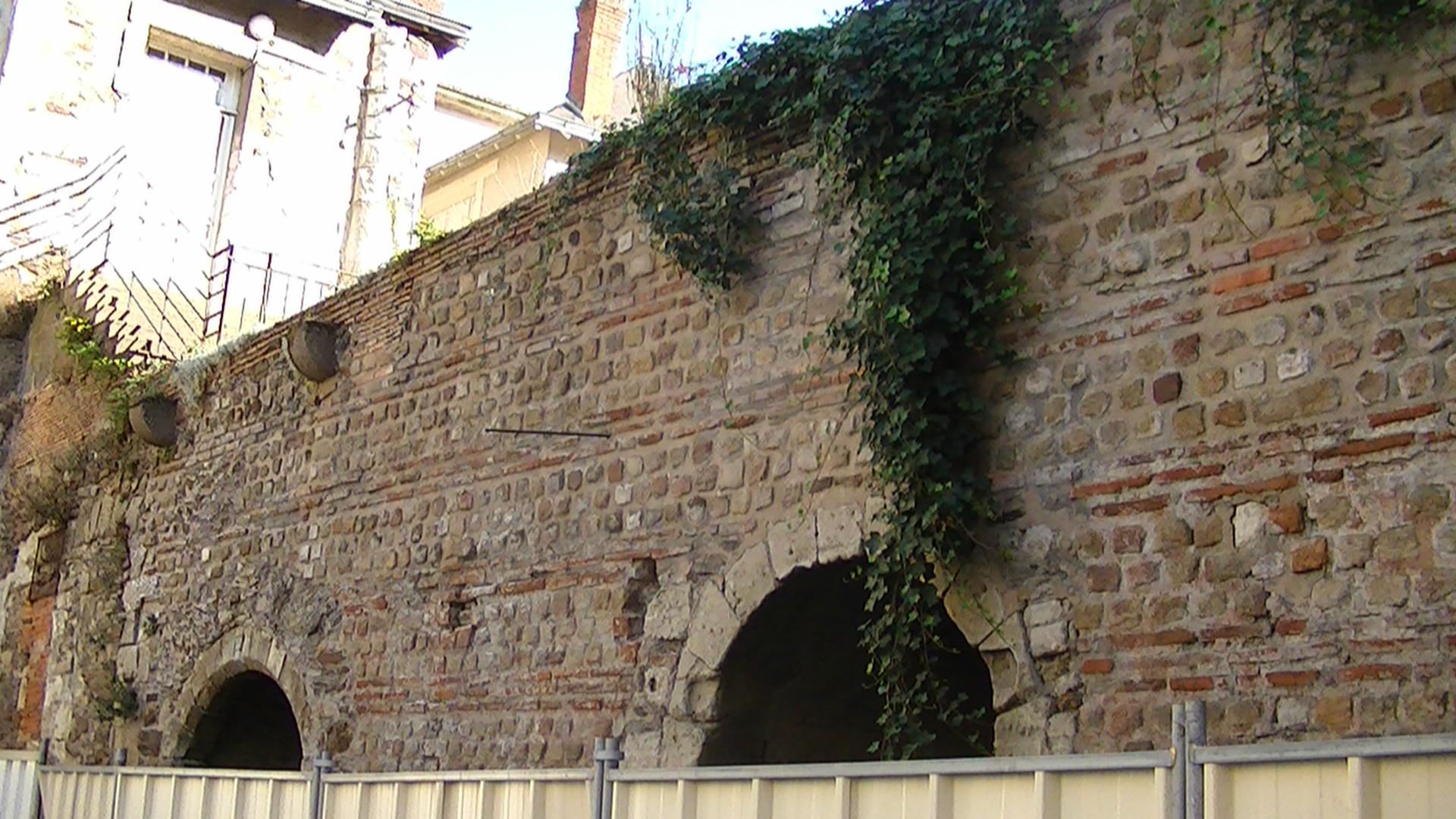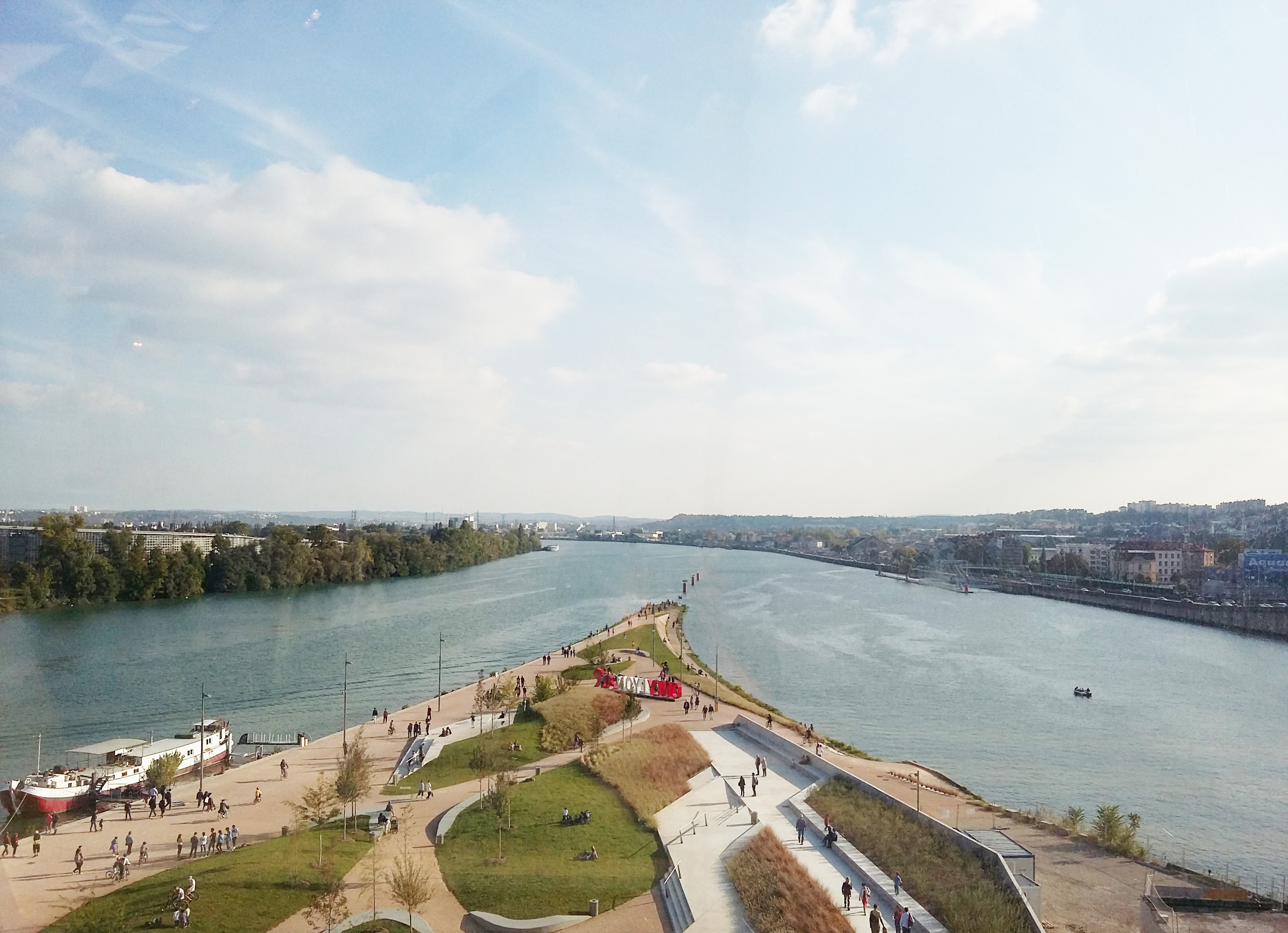|
Federalist Revolts
The Federalist revolts were uprisings that broke out in various parts of France in the summer of 1793, during the French Revolution. They were prompted by resentments in France's provincial cities about increasing centralisation of power in Paris, and increasing radicalisation of political authority in the hands of the Jacobins. In most of the country, the trigger for uprising was the exclusion of the Girondins from the National Convention after the Insurrection of 31 May – 2 June 1793. Although they shared common origins and political objectives, the revolts were not centrally organised or well-coordinated. The revolts were put down by the armies of the Convention over the following months. The Reign of Terror was then imposed across France to punish those associated with them and to enforce Jacobin ideology. Origins In 1793, facing repeated threats from the radical Paris Commune, the Girondins (sometimes referred to as "federalists" because of their ideas about decentr ... [...More Info...] [...Related Items...] OR: [Wikipedia] [Google] [Baidu] |
Federalist Revolution
The Federalist Revolution (Portuguese language, Portuguese: ''Revolução Federalista'') was a civil war that took place in southern Brazil between 1893 and 1895, fought by the federalists, opponents of Rio Grande do Sul state president, Júlio de Castilhos (politician), Júlio de Castilhos, seeking greater autonomy for the state, decentralization of power by the newly installed First Brazilian Republic. Inspired by the Monarchism in Brazil, monarchist ideologies of Gaspar da Silveira Martins, who had been one of the most prominent politicians by the end of the monarchy and acted as political head of the revolution, the federalists had Gumercindo Saraiva as the military head supported by his brother Aparicio Saraiva, of the Uruguayan National Party (Uruguay), National Party, and by the Revolta da Armada, Navy rebels who, after being defeated at the capital following the Rio de Janeiro Affair, moved south to strengthen the federalist forces. Also known as maragato, ''maragatos'', ... [...More Info...] [...Related Items...] OR: [Wikipedia] [Google] [Baidu] |
Jacobin
The Society of the Friends of the Constitution (), renamed the Society of the Jacobins, Friends of Freedom and Equality () after 1792 and commonly known as the Jacobin Club () or simply the Jacobins (; ), was the most influential political club during the French Revolution of 1789. The period of its political ascendancy includes the Reign of Terror, during which well over 10,000 people were put on trial and executed in France, many for " political crimes". Initially founded in 1789 by anti-royalist deputies from Brittany, the club grew into a nationwide republican movement with a membership estimated at a half million or more. The Jacobin Club was heterogeneous and included both prominent parliamentary factions of the early 1790s: The Mountain and the Girondins. In 1792–93, the Girondins were more prominent in leading France when they declared war on Austria and on Prussia, overthrew King Louis XVI, and set up the French First Republic. In May 1793, the leaders of th ... [...More Info...] [...Related Items...] OR: [Wikipedia] [Google] [Baidu] |
Députés
Deputies (, ), also known in English as members of Parliament (MPs), are the legislators who sit in the National Assembly, the lower house of the French Parliament. The 17th and current legislature of the Fifth Republic has a total of 577 deputies, elected in 577 constituencies across metropolitan (539) and overseas France (27), as well as for French residents overseas (11). Name The term "deputy" is associated with the legislator's task to deputise for the people of his or her constituency. Current There are currently 577 legislative seats in the National Assembly. They are elected through the two-round system in single-member constituencies. Numbers The number of deputies is codified in the Constitution of France. In 2019, it was reported that the Government of France wanted to cut the number of deputies by 25%. This reform was later abandoned due to a lack of support in the Senate. Restrictions and privileges Deputies have parliamentary immunity. They enj ... [...More Info...] [...Related Items...] OR: [Wikipedia] [Google] [Baidu] |
Bourgeoisie
The bourgeoisie ( , ) are a class of business owners, merchants and wealthy people, in general, which emerged in the Late Middle Ages, originally as a "middle class" between the peasantry and aristocracy. They are traditionally contrasted with the proletariat by their wealth, political power, and education, as well as their access to and control of cultural, social, and financial capital. The bourgeoisie in its original sense is intimately linked to the political ideology of liberalism and its existence within cities, recognised as such by their urban charters (e.g., municipal charters, town privileges, German town law), so there was no bourgeoisie apart from the citizenry of the cities. Rural peasants came under a different legal system. In communist philosophy, the bourgeoisie is the social class that came to own the means of production during modern industrialisation and whose societal concerns are the value of private property and the preservation of capital t ... [...More Info...] [...Related Items...] OR: [Wikipedia] [Google] [Baidu] |
Rouen
Rouen (, ; or ) is a city on the River Seine, in northwestern France. It is in the prefecture of Regions of France, region of Normandy (administrative region), Normandy and the Departments of France, department of Seine-Maritime. Formerly one of the largest and most prosperous cities of medieval Europe, the population of the metropolitan area () is 702,945 (2018). People from Rouen are known as ''Rouennais''. Rouen was the seat of the Exchequer of Normandy during the Middle Ages. It was one of the capitals of the Anglo-Normans, Anglo-Norman and Angevin kings of England, Angevin dynasties, which ruled both England and large parts of modern France from the 11th to the 15th centuries. From the 13th century onwards, the city experienced a remarkable economic boom, thanks in particular to the development of textile factories and river trade. Claimed by both the French and the English during the Hundred Years' War, it was on its soil that Joan of Arc was tried and burned alive on 30 ... [...More Info...] [...Related Items...] OR: [Wikipedia] [Google] [Baidu] |
Nantes
Nantes (, ; ; or ; ) is a city in the Loire-Atlantique department of France on the Loire, from the Atlantic Ocean, Atlantic coast. The city is the List of communes in France with over 20,000 inhabitants, sixth largest in France, with a population of 320,732 in Nantes proper and a metropolitan area of nearly 1 million inhabitants (2020). With Saint-Nazaire, a seaport on the Loire estuary, Nantes forms one of the main north-western French metropolitan agglomerations. It is the administrative seat of the Loire-Atlantique Departments of France, department and the Pays de la Loire Regions of France, region, one of 18 regions of France. Nantes belongs historically and culturally to Brittany, a former Duchy of Brittany, duchy and Province of Brittany, province, and Reunification of Brittany, its omission from the modern administrative region of Brittany is controversial. Nantes was identified during classical antiquity as a port on the Loire. It was the seat of a bishopric at the ... [...More Info...] [...Related Items...] OR: [Wikipedia] [Google] [Baidu] |
Bordeaux
Bordeaux ( ; ; Gascon language, Gascon ; ) is a city on the river Garonne in the Gironde Departments of France, department, southwestern France. A port city, it is the capital of the Nouvelle-Aquitaine region, as well as the Prefectures in France, prefecture of the Gironde department. Its inhabitants are called "''Bordelais'' (masculine) or "''Bordelaises'' (feminine). The term "Bordelais" may also refer to the city and its surrounding region. The city of Bordeaux proper had a population of 259,809 in 2020 within its small municipal territory of , but together with its suburbs and exurbs the Bordeaux Functional area (France), metropolitan area had a population of 1,376,375 that same year (Jan. 2020 census), the sixth-most populated in France after Paris, Lyon, Marseille, Lille, and Toulouse. Bordeaux and 27 suburban municipalities form the Bordeaux Métropole, Bordeaux Metropolis, an Indirect election, indirectly elected Métropole, metropolitan authority now in charge of wi ... [...More Info...] [...Related Items...] OR: [Wikipedia] [Google] [Baidu] |
Marseille
Marseille (; ; see #Name, below) is a city in southern France, the Prefectures in France, prefecture of the Departments of France, department of Bouches-du-Rhône and of the Provence-Alpes-Côte d'Azur Regions of France, region. Situated in the Provence region, it is located on the coast of the Mediterranean Sea, near the mouth of the Rhône river. Marseille is the List of communes in France with over 20,000 inhabitants, second-most populous city proper in France, after Paris, with 873,076 inhabitants in 2021. Marseille with its suburbs and exurbs create the Aix-Marseille-Provence Metropolis, with a population of 1,911,311 at the 2021 census. Founded by Greek settlers from Phocaea, Marseille is the oldest city in France, as well as one of Europe's List of oldest continuously inhabited cities, oldest continuously inhabited settlements. It was known to the ancient Greeks as ''Massalia'' and to ancient Romans, Romans as ''Massilia''. Marseille has been a trading port since ancient ... [...More Info...] [...Related Items...] OR: [Wikipedia] [Google] [Baidu] |
Lyon
Lyon (Franco-Provençal: ''Liyon'') is a city in France. It is located at the confluence of the rivers Rhône and Saône, to the northwest of the French Alps, southeast of Paris, north of Marseille, southwest of Geneva, Switzerland, northeast of Saint-Étienne. The City of Lyon is the List of communes in France with over 20,000 inhabitants, third-largest city in France with a population of 522,250 at the Jan. 2021 census within its small municipal territory of , but together with its suburbs and exurbs the Lyon Functional area (France), metropolitan area had a population of 2,308,818 that same year, the second largest in France. Lyon and 58 suburban municipalities have formed since 2015 the Lyon Metropolis, Metropolis of Lyon, a directly elected metropolitan authority now in charge of most urban issues, with a population of 1,424,069 in 2021. Lyon is the Prefectures in France, prefecture of the Auvergne-Rhône-Alpes Regions of France, region and seat of the Departmental co ... [...More Info...] [...Related Items...] OR: [Wikipedia] [Google] [Baidu] |
Paris Commune (French Revolution)
The Paris Commune (, ) was a French revolutionary government that seized power in Paris on 18 March 1871 and controlled parts of the city until 28 May 1871. During the Franco-Prussian War of 1870–71, the French National Guard (France), National Guard had defended Paris, and working-class radicalism grew among its soldiers. Following the establishment of the French Third Republic in September 1870 (under French chief-executive Adolphe Thiers from February 1871) and the complete defeat of the French Army by the Germans by March 1871, soldiers of the National Guard seized control of the city on 18 March. The Communards killed two French Army generals and refused to accept the authority of the Third Republic; instead, the radicals set about establishing their own independent government. The Commune governed Paris for two months, promoting policies that tended toward a Progressivism, progressive, anti-clericalism , anti-religious system, which was an eclectic mix of many 19th-cent ... [...More Info...] [...Related Items...] OR: [Wikipedia] [Google] [Baidu] |
Jérôme Petion De Villeneuve
Jerome (c.347–420) was a priest, confessor, theologian and historian from Dalmatia. Jerome may also refer to: People Given name * Jerome (given name), a masculine name of Greek origin, with a list of people so named * Saint Jerome (other), several saints and other topics named for them * Jerome of Sandy Cove, an unidentified man discovered on the beach of Sandy Cove, Nova Scotia, on September 8, 1863 Surname * Cameron Jerome (born 1986), English footballer * Chauncey Jerome (1793–1868), American clockmaker and politician * David Jerome (1829–1896), governor of Michigan * Harry Jerome (1940–1982), Canadian track and field runner * James Jerome (1933–2005), Canadian judge and politician * Jennie Jerome, Lady Randolph Churchill (1854–1921), mother of UK Prime Minister Winston Churchill * Jerome K. Jerome (1859–1927), British author * Jerry Jerome (boxer) (1874–1943), Australian boxer * Jerry Jerome (saxophonist) (1912–2001), American musician * Leonard J ... [...More Info...] [...Related Items...] OR: [Wikipedia] [Google] [Baidu] |








